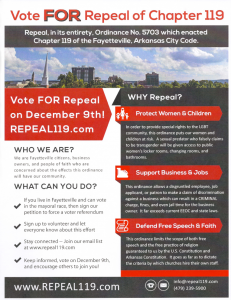Since the Arkansas Lottery’s inception, we have written over and over again about the paltry percent of gross revenue the Arkansas Lottery Commission awards for college scholarships.
When the Arkansas Lottery began five years ago this month, we calculated that only about 22% of lottery revenue went to students. The rest went somewhere else. That meant if you bought a $1 lottery ticket, only 22 cents of that dollar went to scholarships. At the time, that was the third-lowest percentage in the nation.
Despite efforts by lawmakers to require the Arkansas Lottery to set aside a minimum percentage of its revenue for students, lottery officials continued reducing that percentage of gross revenue. We have seen the percentage allocated for scholarships drop all the way from 22 cents on the dollar to 19.8 cents on the dollar (last year).
Now the Arkansas Lottery Commission has reduced it again, with only 18.76% of gross revenue going to scholarships.
Under its budget for 2015, the Arkansas Lottery hopes to take in about $416,770,000 in gross revenue, and it hopes to pay out $78,185,000 in scholarships. That means for the first time ever, lottery scholarships will receive less than 19% of the Arkansas Lottery’s total revenue.
Just to put those numbers in perspective, Louisiana requires its lottery to allocate at least 35% of lottery revenue for education. That’s how the Louisiana lottery paid out tens of millions of dollar more in education funding than Arkansas’ did despite taking in nearly $100 million less.
It isn’t just Louisiana, either. Many state lotteries set aside at least 25% – 30% for education funding.
People keep talking about trying to bolster lottery ticket sales to improve scholarship funding, but when your lottery isn’t required to set aside a minimum percentage of its revenue for scholarships, there’s no guarantee soaring ticket sales will do any good for Arkansas’ students. After all, the way the law is currently written, the Lottery Commission could approve a budget that pays $0 for scholarships. It’s all up to them.
The Arkansas “Scholarship” Lottery continues cutting its scholarship budget and refusing to set aside even an average percentage of its revenue for education. That’s simply unacceptable.
READ MORE
 A group of concerned citizens are hard at work gathering signatures to bring controversial Fayetteville Chapter 119 (the so-called “nondiscrimination” ordinance) up for a vote of the people.
A group of concerned citizens are hard at work gathering signatures to bring controversial Fayetteville Chapter 119 (the so-called “nondiscrimination” ordinance) up for a vote of the people.